'They told us to just go home and love him ... but I couldn't let him die'
"They said he’d never walk or talk, and would need support for the rest of his life."
Family Life
Don't miss out on the headlines from Family Life. Followed categories will be added to My News.
Terry and Georgia Pirovolakis’ third child Michael was just six months old when they started noticing something was wrong.
Their youngest son, who had been welcomed with a “normal, healthy birth” in December, 2017, was still not lifting his head.
"He just didn’t seem like he was meeting his milestones," Terry told Fox News.
Want to join the family? Sign up to our Kidspot newsletter for more stories like this.
The couple, from Toronto in Canada, took Michael to the doctors, and after a mammoth “18-month diagnostic odyssey”, their youngest son was diagnosed with spastic paraplegia 50, a neurological disorder that affects fewer than 100 people in the world.
"They told us to just go home and love him — and said he would be paralyzed from the waist down by age 10, and quadriplegic by age 20," Terry said.
"They said he’d never walk or talk, and would need support for the rest of his life."
RELATED: 'How do you answer the call about whether your 18mo will die?'
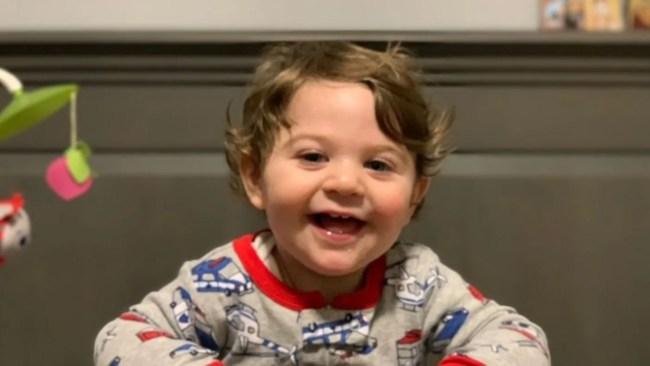
"Symptoms become more severe over time"
Epidemiologist Dr Eve Penney told Fox News SPG50 affects a child’s development, and gradually leads to cognitive impairment, muscle weakness, speech impairment and eventually paralysis.
Most people with the disease die in their teens or 20s.
"Children with SPG50 may experience early developmental delays, muscle weakness and spasticity, but they continue to strive and adapt," she said.
"Over time, these symptoms can worsen, making it hard for affected individuals to walk and perform daily activities," added Penney, who was not involved in Michael Pirovolakis’ care.
"The prognosis varies from person to person, but it’s generally a progressive condition, meaning symptoms can become more severe over time.”
There was no approved treatment for SPG50 in the United States or Canada, but Terry immediately started researching any possible remedy that could help his son.
RELATED: Tragedy as 4yo dies from rare bacterial disease after Drs said it was gastro
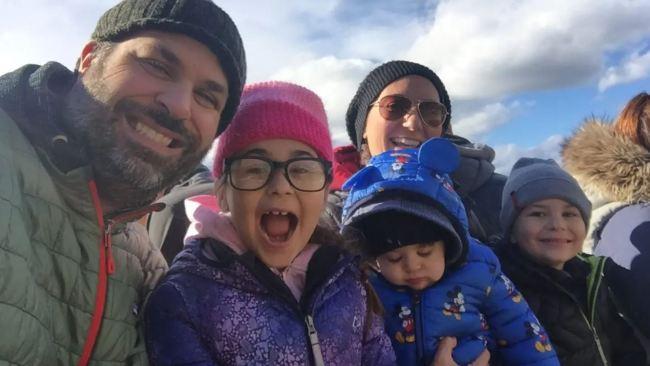
Dad's worldwide quest for a cure
A month after Michael’s diagnosis, Terry flew to Washington DC for a gene therapy conference where he met with several experts about his son.
He also flew across the Atlantic Ocean to the National Institutes of Health at the University of Cambridge, where scientists have been studying SPG50.
"We then liquidated our life savings, refinanced our home and paid a team at the University of Texas Southwestern Medical Center to create a proof of concept to start Michael's gene therapy," Terry told Fox News.
Introducing our new podcast: Mum Club! Listen and subscribe wherever you get your podcasts so you never miss an episode.
Successful tests showed gene therapy could stop the disease’s progression in both mice and human cells, so Terry worked with a drug company in Spain to manufacture a potentially life-saving treatment.
Thankfully for the family, Health Canada granted approval for Michael’s gene therapy on December 30, 2021.
"On March 24, 2022, my son was the first person to ever get treated with gene therapy at SickKids in Toronto," Michael said.
The procedure, which is injected via a lumbar puncture, does come with risks, but the potential benefits are life-saving.
RELATED: 'The doctors thought my son was faking it, now he's bedridden'
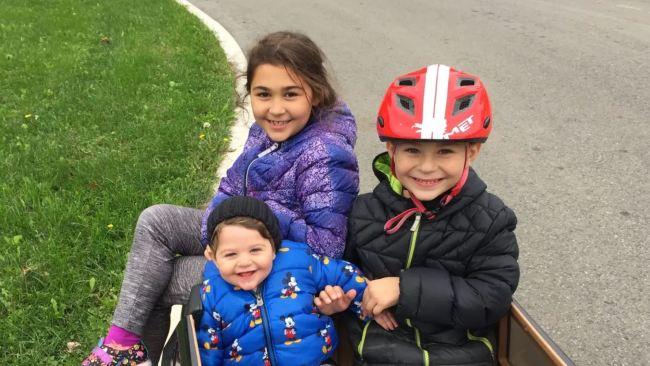
"The treatment works"
Fox News reports Terry still had three doses of the drug left after Michael’s one-time treatment.
"We decided that we had to help other kids," Pirovolakis said.
"When I heard that no one was going to do anything about it, I had to — I couldn't let them die."
Terry opened a Phase 2 study in the United States, which treated three children in 2022.
One of those was six-month-old Jack Lockard, who has “thrived” since then.
"He is sitting independently, banging toys together, drinking from a straw cup and working really hard on crawling,” Jack’s mum Rebekah told Fox News.
“Doctors and therapists share the same sentiment: The treatment works.”
RELATED: Dad to take on Everest Base Camp in memory of his lost twin daughter
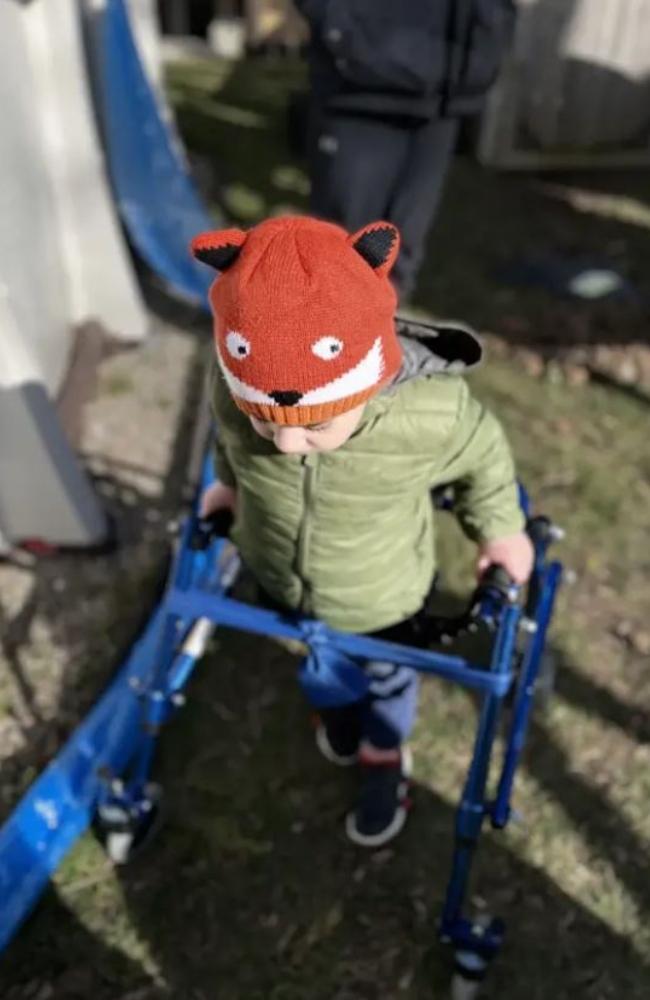
"The market is much smaller for rare diseases"
There are more children in the US who need the treatment, but they’re unable to access it because the clinical trial has run out of money.
Fox News reports it costs about $2m to make the drug for each child, and another $600,000 to treat the child in hospital.
Terry has approached pharmaceutical companies with his drug, but so far all of them have declined to manufacture it.
"No investor is going to give you money to treat a disease that is not going to make money," he said. "That's the dilemma we're in."
It means families are forced to try to fundraise the money required for treatment, and while the Lockard family have raised more than $180,000 for their older daughter Naomi, who also lives with SPG50, it’s nowhere near the amount needed.
Dr Penney told Fox News pharmaceutical companies tend to prioritise conditions that affect larger populations to try to recoup any money they invest.
“The market is much smaller for rare diseases like SPG50, making it financially less viable for companies to invest in creating a treatment,” she said.
RELATED: 'I thought he was just rolling his eyes, I couldn't believe the diagnosis'
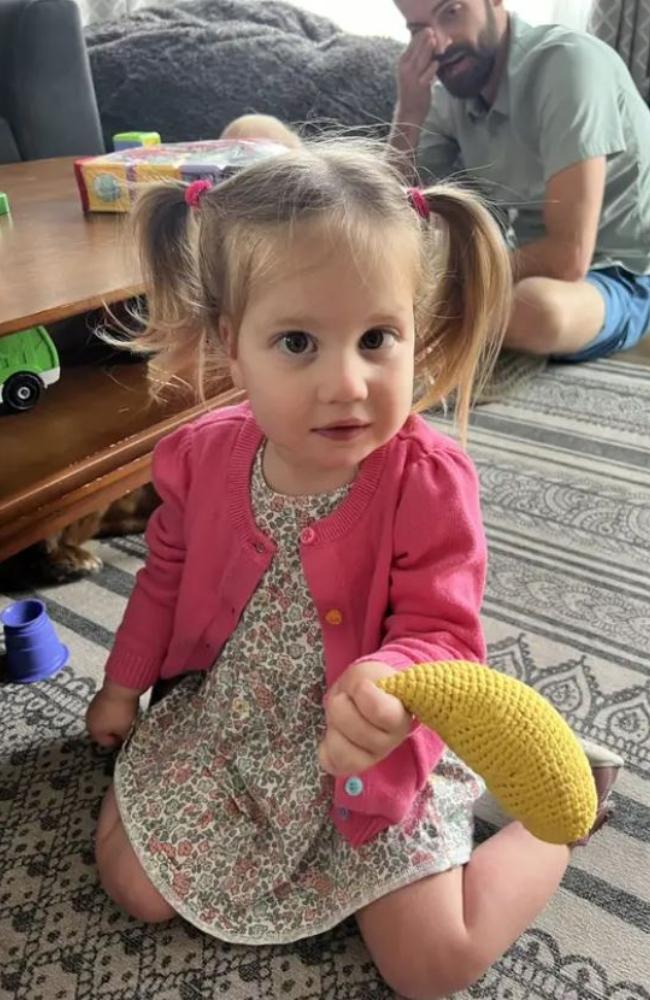
"The technology to cure our children is already here"
Terry isn’t giving up though. Fox News reports the dad quit his job and started a not-for-profit in California which now has five employees and 20 consultants.
The company, Elpida Therapeutics, will run a Phase 3 study for SPG50 in November.
His goal is to treat eight children with SPG50, and then push for official approval for his drug.
"If we can show that it works in all eight children — and we can prove to the FDA that it is making a difference — then the drug will get approved and every child can get it," he said.
Fox News reports Terry has also received inquiries from families of children all over the world looking for treatment.
"Unfortunately, the biggest challenge in providing treatment for children with rare diseases often comes down to a lack of funding and vision," he said.
"The technology to cure our children is already here. I hope that someone with immense wealth — and more importantly, the vision and influence — will step in," he said.
"Their support could not only impact a handful of diseases and children, but extend hope to thousands of rare diseases and millions of children, both this generation and the next."
More Coverage
Originally published as 'They told us to just go home and love him ... but I couldn't let him die'





